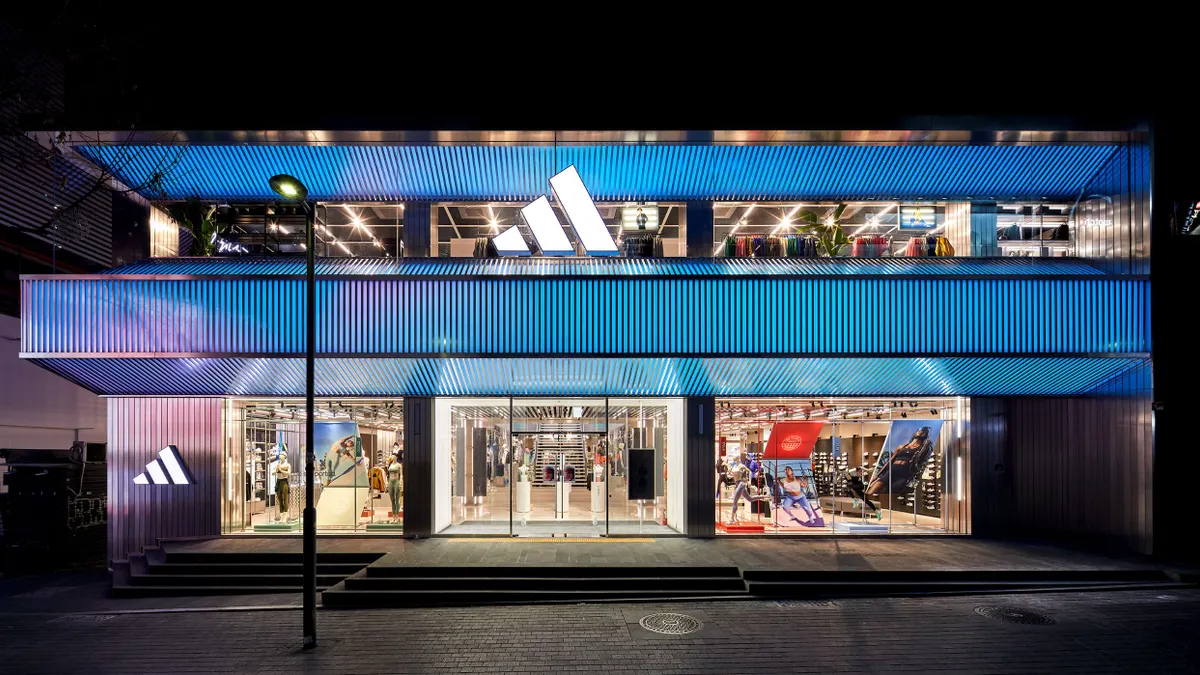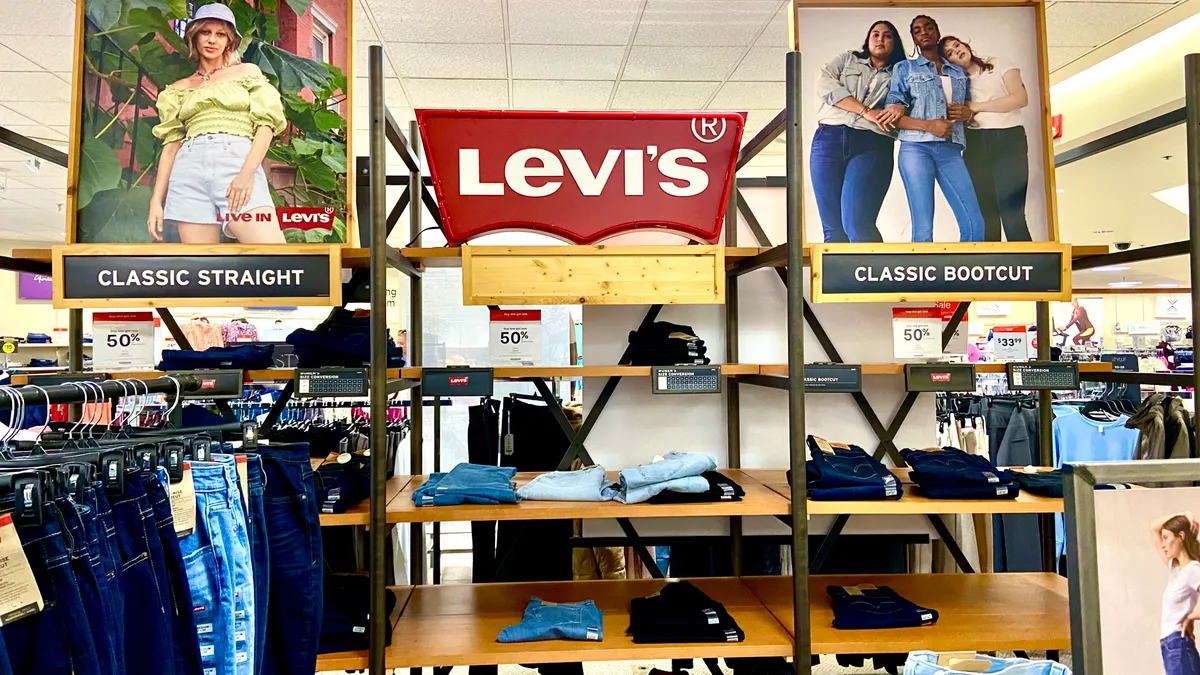It’s been a year since the now-infamous destruction of a concrete building complex known as Rana Plaza in Dhaka, Bangladesh. More than 1,100 garment workers were killed after the eight story commercial building caught fire and collapsed; twice that many were injured. The incident horrified the world, shed light on the low pay and terrible working conditions of many global apparel workers, and led to promises of reform from clothing retailers worldwide.
Promises of Reform
The reaction of retailers to the tragedy in Dhaka was swift, with pledges of reform coming quickly along with promises of aid to the victims. In the past year, some progress has been made, but advocates say it has not been nearly enough.
American retailers and their European counterparts took decidedly different approaches in their actions to prevent another tragedy like the one at Rana Plaza. In Europe, a group of about 70 clothing brands and retailers signed on to a legally binding promise, known as the Accord on Fire and Building Safety in Bangladesh, a result of negotiations that began just three weeks after the April 24 event.
Accord retailers worked with labor unions and non-governmental agencies to develop the pact, which includes conducting inspections that could mandate payments and plans to mitigate any safety issues that are found. The number of signatories has since grown to 150, and includes H&M, Carrefour, Marks & Spencer, and PVH, the parent company of Calvin Klein, Topshop, Primark, and Tommy Hilfiger, some of which signed under pressure.
The European effort includes a few American companies, but most American retailers rejected the European approach, opting for one some say comes without teeth. Called the Alliance for Bangladesh Worker Safety, Wal-Mart, Gap, and Target are some of the 26 North American retailers that have joined since being founded in July of last year. The agreement calls for companies to chip in money to create a $42 million fund over five years that would pay for inspections and develop plans to address safety issues. But nothing is made mandatory; the retailers say that doing so could make the plan untenable and unaffordable.
Instead, the plan calls for what the retailers call “shared accountability,” which brings factory owners into the mix. The Alliance says that the threat of losing their factories if conditions are found to be unsafe is enough of an incentive for owners to improve them.
Individual retailers that have failed to date to donate money to aid victims of the disaster are facing criticism. And the American plan has been criticized by several worker advocacy groups for being inadequate.
The Worker Rights Consortium, the Clean Clothes Campaign, International Labor Rights Forum, Maquila Solidarity Network, and United Students Against Sweatshops released a joint statement that read in part: “Wal-Mart, Gap and the corporations that have chosen to join them, are unwilling to commit to a program under which they actually have to keep the promises they make to workers and accept financial responsibility for ensuring that their factories are made safe.”
Inspections find that problems persist
Inspections of garment factories in Bangladesh attributed to the Accord began in earnest early this year and found several fire, electrical, and structural problems that could lead to the kind of disaster that hit Rana Plaza.
These initial findings are no surprise to advocates who have been working toward improved conditions for garment workers for decades. While in the short term the companies involved with the Accord aim to correct specific safety issues, the long-term goal is to establish a system with clear expectations and sanctions that can be effectively run by the Bangladesh government. A year out, the Accord has especially established a reputation for broad, expert efforts to make improvements stick.
Keeping the pressure on
The tragedy at Rana Plaza, because of the devastatingly widespread destruction and loss of life, garnered a lot of media attention. And while the immediate media focus and horrified public reaction faded somewhat, the pressure for reform has continued for much longer than the reactions after other, similar tragedies over the years.
Several American universities in February announced that they would grant trademark licenses for its collegiate apparel exclusively to garment companies that source, produce, or buy clothing from companies that have signed on to the legally binding Accord on Fire and Building Safety in Bangladesh. Students at other schools are staging protests to pressure their administrations to adopt similar stances.
Several documentaries and projects run by journalists who covered the disaster are also keeping the problem in the spotlight. In the documentary Made in Italy, secret recordings produced a mortifying look into some of Benetton’s factory owners' attitudes toward Bangladeshi workers. And The Shirt On Your Back, an interactive multimedia project published by the Guardian newspaper, challenges people to think about the factories in which their clothing is made--some of which could employ people suffering inhumane working conditions.
The role of the consumer
Another documentary project, Cost of Fashion, is an effort by photographer Ismail Ferdous and filmmaker Nathan Fitch to bring home the complicity of the consumer, as well as of retailers and manufacturers, in creating sub-par working conditions in the apparel industry. Ferdous covered the deadly destruction of the garment-production center Rana Plaza in Bangladesh a year ago, where he uncovered several recognizable clothing labels that can be found in malls and retailers all across America.
“A year later, we explore the uncomfortable question: How does the Rana Plaza collapse relate to the lives of Americans?” wrote Fitch in an opinion editorial in the New York Times two weeks ago, which also included a short version of their documentary. “Much more than you might think. Companies and brands associated with factories in Rana Plaza include Joe Fresh, Mango, Walmart, J.C. Penney and The Children’s Place (though it’s unclear whether all of these had active manufacturing there at the time of the collapse). Some of the clothing labels that [Ferdous] photographed in the rubble can also be found in Manhattan stores.”
Indeed, consumers’ penchant for low prices and retailers’ for profits leave little room to spend money on factory safety or worker wages. Consumers are increasingly interested in buying clothing from companies that do right by their workers, but not all may understand their own role in creating the deadly climate.
One startup aims to give consumers an alternative and establish a climate for change.
Devin Chesney is a Washington, DC-based social entrepreneur, who was inspired by the Rana Plaza event to create FairWear. With this venture, Chesney has developed a new supply chain system with expectations of gradual change.
FairWear contracts with a factory on a per-project basis, crowdfunds the order, and pays 35% above the prevailing wage. Factories that contract with FairWear must be in compliance with international safety standards and pay wages above the prevailing local rate. Chesney clearly believes that the quality of the clothing and the story of its provenance will not only sell clothes, but also spark change.
"When I’m approaching an existing clothing brand, I’m not asking you to give up profit because you have a warm fuzzy feeling in your heart about this," Chesney says. "I’m asking you to do the responsible thing, to do what they should have been doing all along."
Would you like to see more retail news like this in your inbox on a daily basis? Subscribe to our Retail Dive email newsletter! You may also want to read Retail Dive's look into the ultimate retail concept store.






















